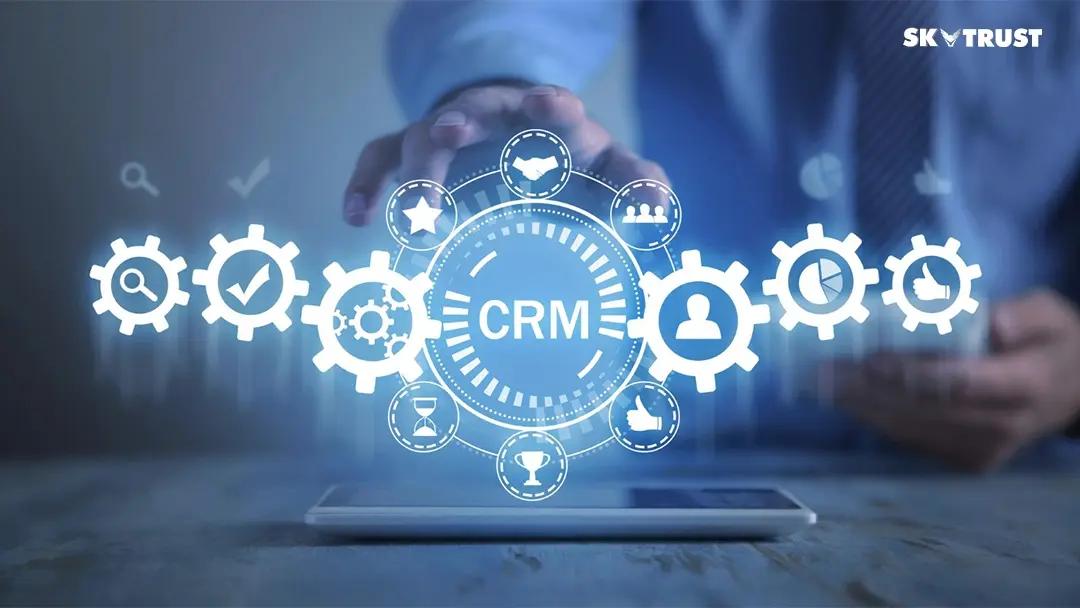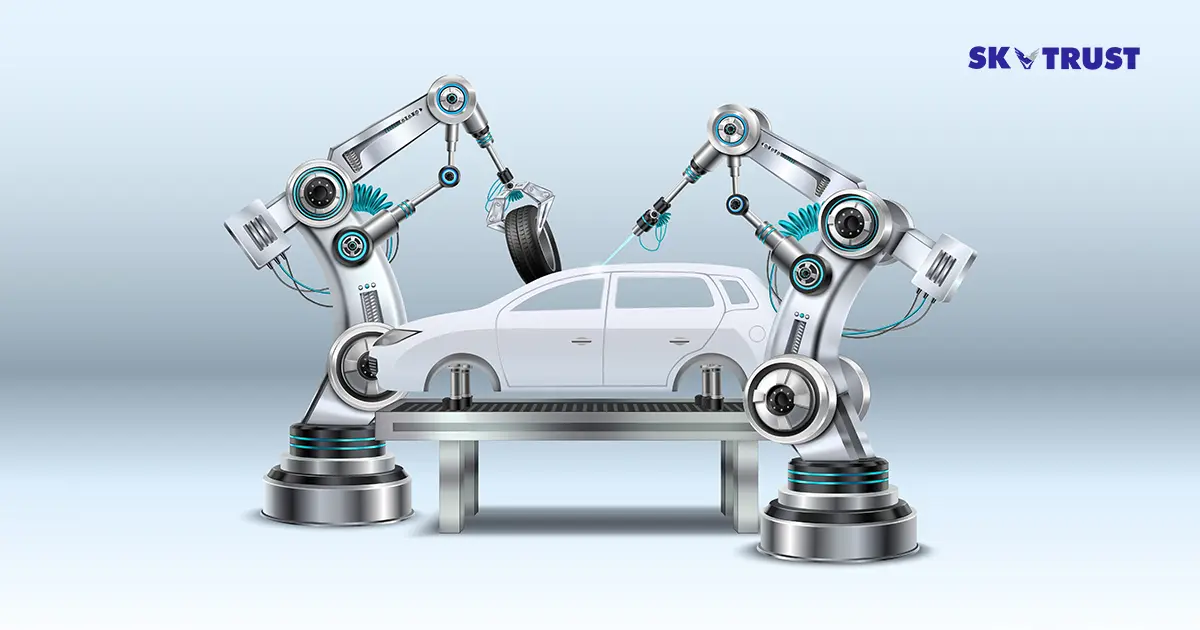Top 5 Learnings from Successful CRM Implementation
Mar 14, 2024
|
CRM

Since the world embraced capitalism, commercialization has been at the top of everything. And brands are banking on this opportunity by offering their client base with “the best of both worlds” solutions. To keep up with the competition in their relevant industry, they make sure that not just the “client is the king” but also they maintain a sound and healthy relationship with them, catering to their needs of the hour promptly. Hence, CRM software! It helps brands and businesses administer their interactions with customers, simplifying their entire brand experience, building a positive image of their brand in the end-user’s minds. In simple terms, they utilize data analysis to study large amounts of information regarding their loyal and potential customers.
What is CRM?
Customer Relationship Management (CRM) not only means a software that these organizations are in dire need of, to keep their relationships smooth with their customers. It is rather an amalgamation of principles, practices, and guidelines that your organization usually follows to interact with your customers in order to keep their brand experience, effective, efficient, and effortless.
Business Objectives of CRM
A CRM software is not just a tool that the organizations need for maintaining their relationships with the end client but it is more than just that. Some of those advantages are:
- Streamlines Processes – CRM software keeps a tab on all your customer complaints, feedback, and queries that need quick resolution. The organization can stay updated and informed about the status of its query or complaint and eventually streamline the entire customer-organization relationship.
- Increase Customer Satisfaction – If your customer’s feedback is valued and countered with promptness while keeping their concerns in mind and resolving them with the best suitable solution at that point of time, they will be more content with the brand in question. It will also leave an ever-lasting impression in their minds regarding your brand.
- Analyses Customer Behavior – With the right CRM implementation, you can analyze what your customer likes and prefers and which trend is going in the market that their client happens to strike a chord with. They can eventually help you learn more about your client so you cater to their evolving needs using more effective and efficient ways.
- Improved Customer Retention – If you can resolve your customer’s queries and facilitate them with the optimum solutions, keeping their needs and wants in mind, you can certainly improve your retention score with one and each. The smoother you make your client’s experience, the more chances you have to retain them in the long run.
- Increased Sales – As you get to centralize the customer information and interactions with the help of CRM tool, you can know your customers better, anticipate their needs, and tailor products and services to meet those needs, enhancing your overall business performance.
As you retain these basic advantages of having a CRM software, we will be further throwing light on “what all we can learn from a successful CRM implementation”. Here are some pointers:
1. Define Your Objective
First of all, you need to have a clearly defined objective, why you need a CRM system and how often you are planning to use it and for what number of employees across your organization. So just start with identifying those goals that you aim to achieve with the CRM software, which could be anything from improving customer satisfaction to increasing sales or simply streamlining business processes. A clear vision will help you not just implement a CRM system but also align the same with your overall business strategy.
2. Customer-Centric Approach
If you prioritize your customers while working on your business goal, you are following a customer-centric approach that you need to keep going with. It eventually helps you as well as your employees understand the customer needs, their preferences, and all in all their buying behavior. All you have to do is simply focus on delivering an over-the-top customer experience for them with the ideal CRM services and build stronger relationships to improve their satisfaction and maintain loyalty.
3. Monitor to Improve
As we all know the implementation of a CRM system is an ongoing process, it needs your continuous monitoring for improvement. Being a 21st-century organization, you need to keep an eye on how your system is performing for which your need to gather feedback from the end-users and systematically make improvements in that, as and when required. This regular review of the system helps in ensuring that the CRM is always aligned with the changing business scenario.
4. Scalability and Flexibility
As your business grows and expands across your niche and industry, exceeding expectations of development, your CRM software needs to adapt to such change & evolution and cope with the scalability of your business or brand. Hence, its flexibility matters the most. Your CRM system should be able to comprehend and adjust the increased data and users without losing the quality of the output.
5. Leadership and Support
For successful implementation of a CRM system, leadership support plays a crucial role. It starts with advocating the initiative, continues with the allocation of resources, and goes on to emphasize its importance to the organization. It is the right way to achieve the successful implementation of your CRM system. If you aim to utilize the CRM project to its fullest potential, Salesforce CRM is one of the best solutions at the moment which will also help you overcome potential business challenges.
Conclusion
The ideal CRM software system can look after all of your customer relationship needs and its successful implementation will go a long way when it comes to your business’s success. To get started with your CRM success, get in touch with SkyTrust, your digital transformation partner who will help you enhance and amplify your business potential.












